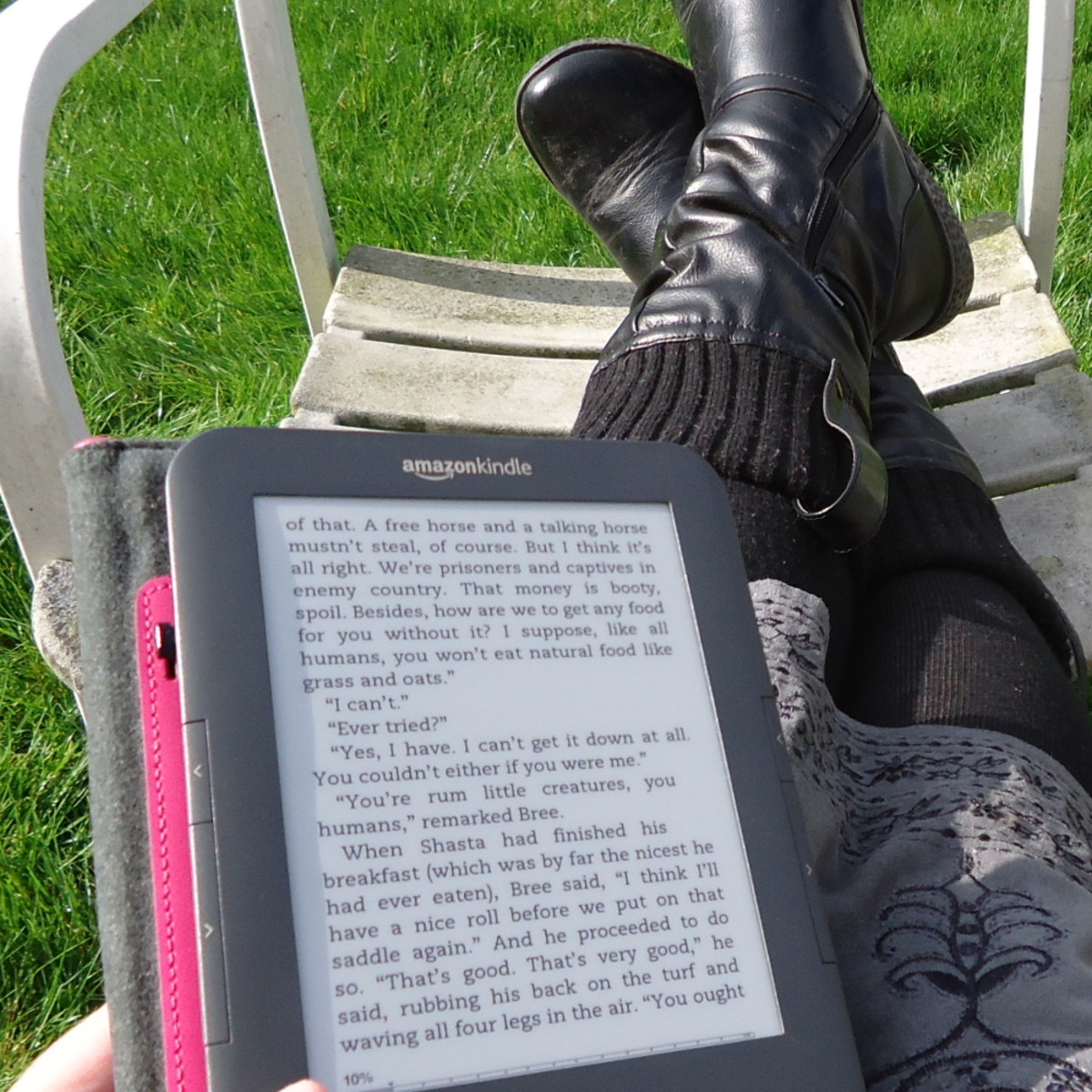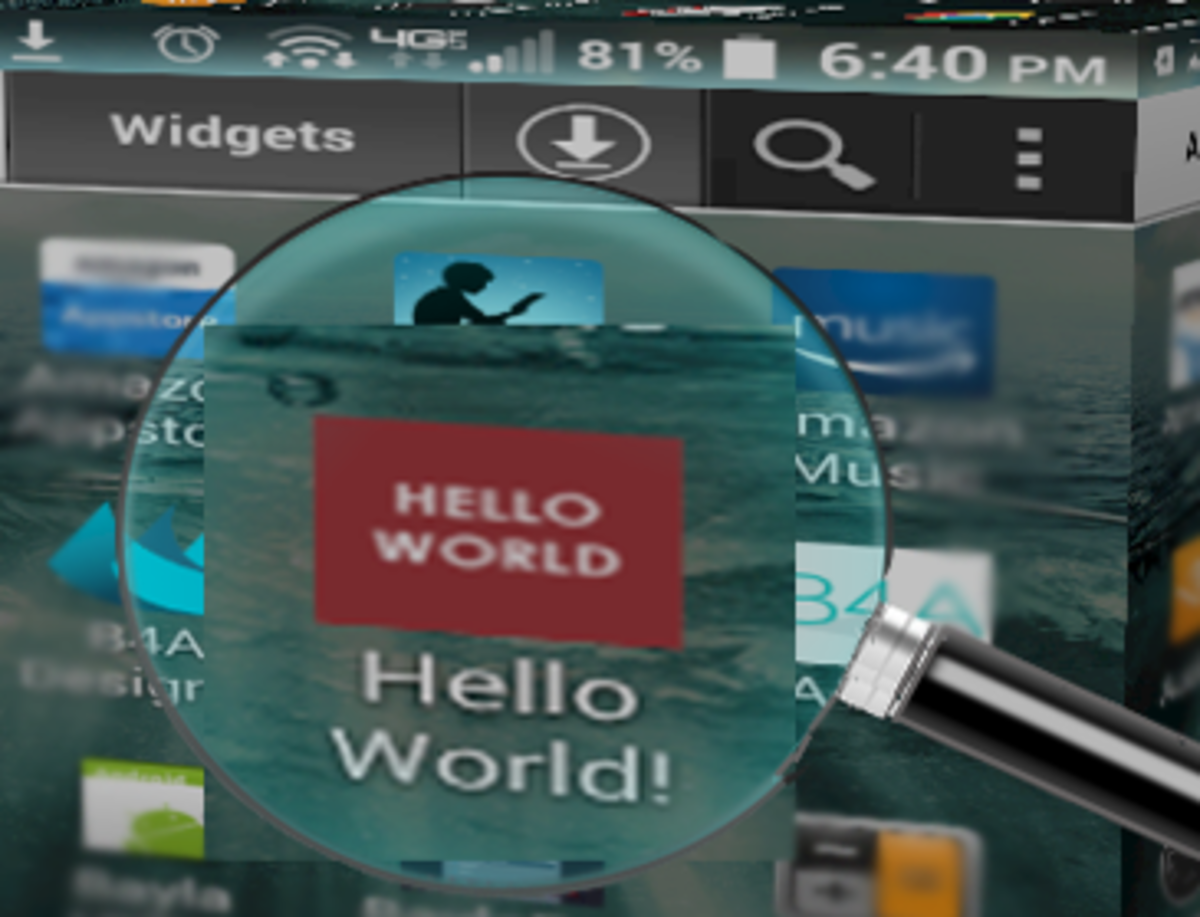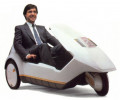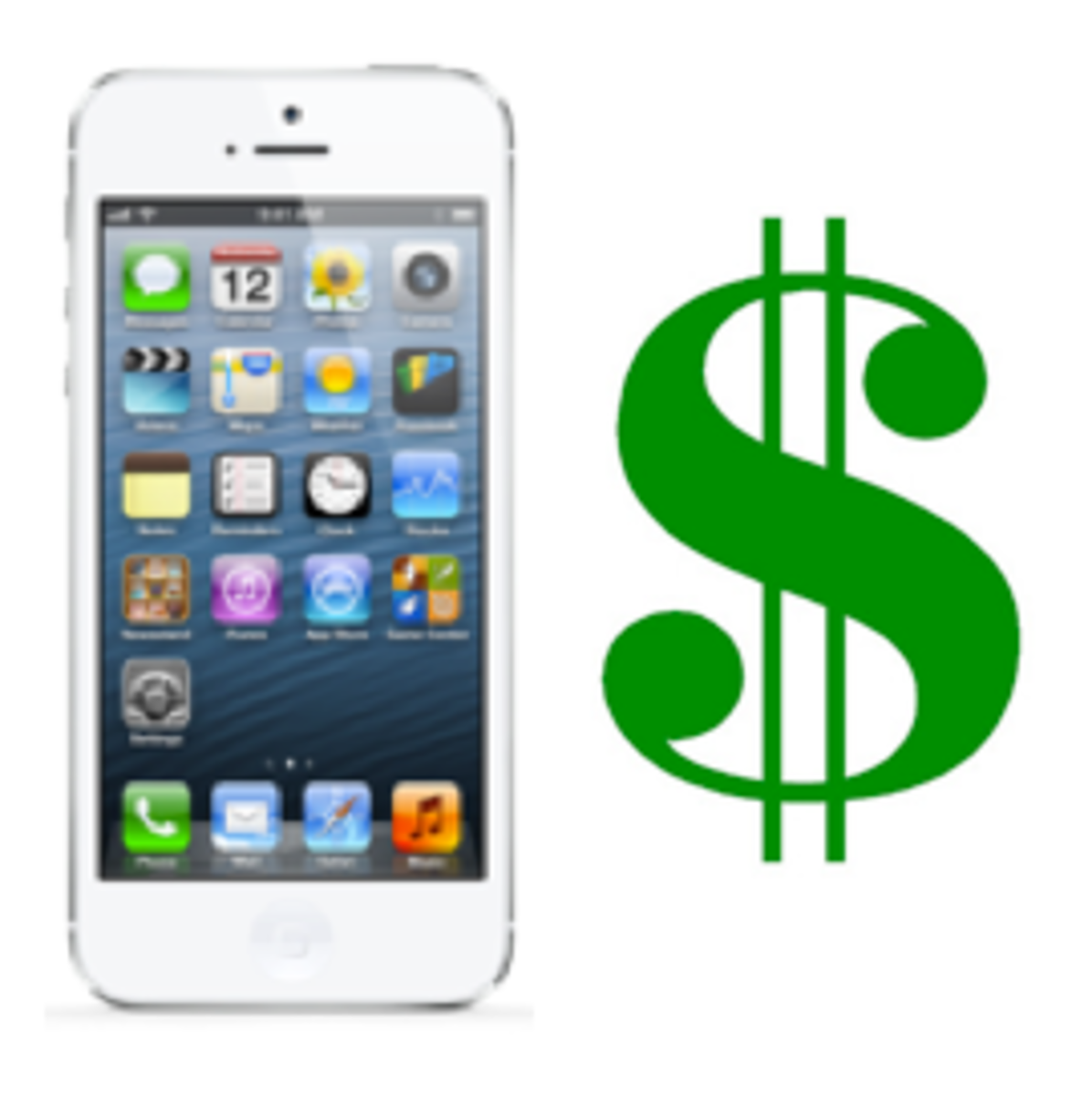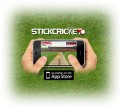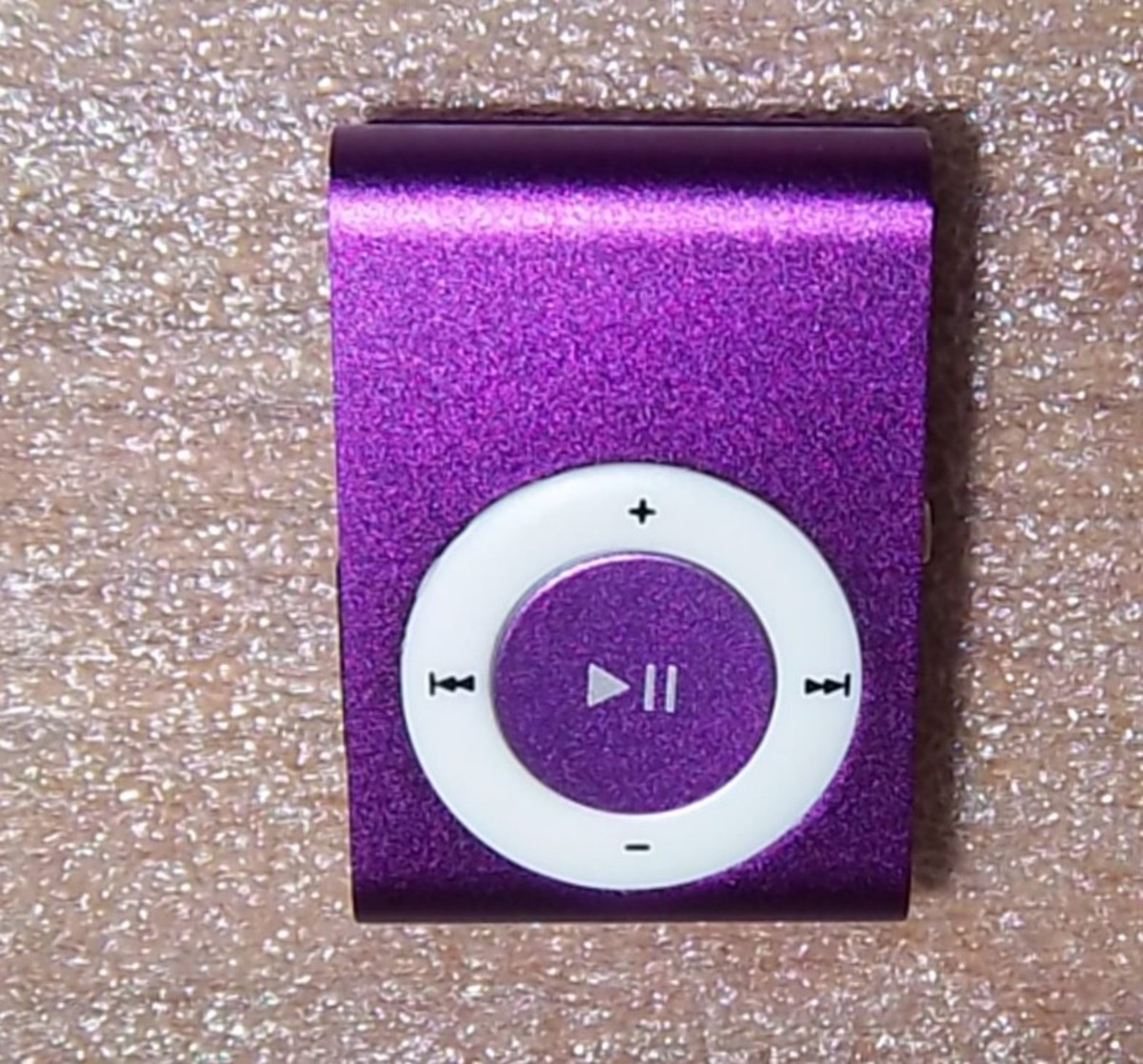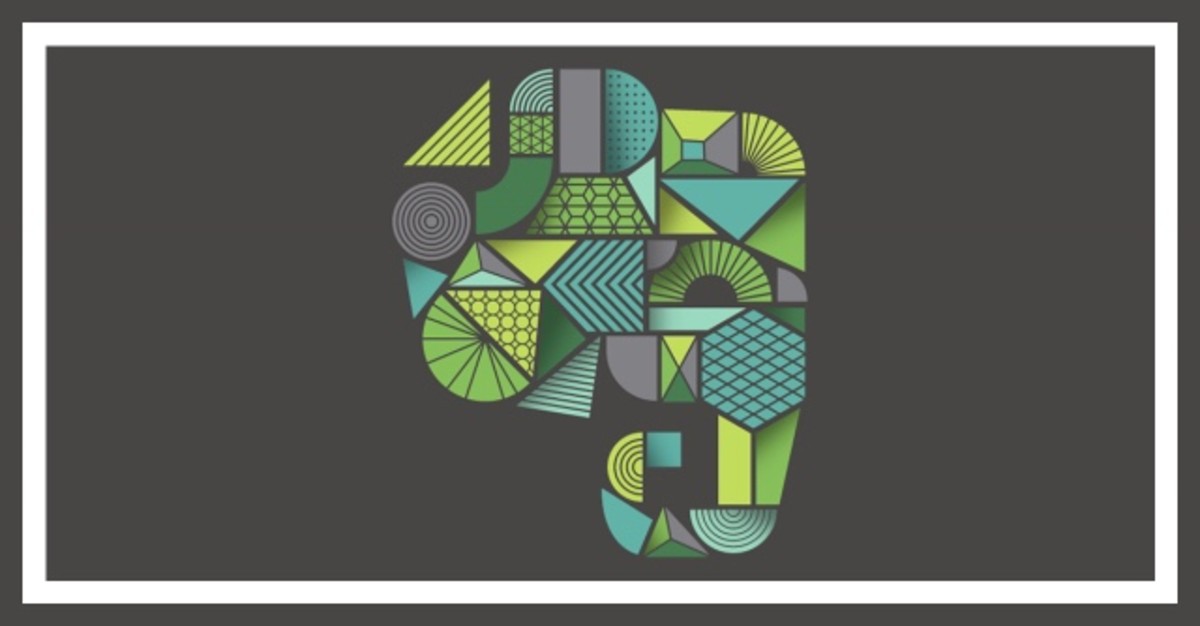What to buy, Android or iPhone?
iPhone Vs. Android
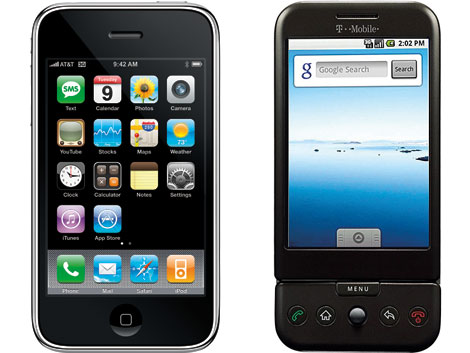
Smartphone Overview
When it comes to comparing the Apple iPhone to anything people tend to be rather polarized and since this topic can draw a lot of heat from people on both sides, I will try and stay neutral and point out some of the more subtle differences between the platforms as a whole.
There are several misconceptions about these devices, and often people think that one is trying to mimic the other or that the fact that one does things differently is a weak point. In the following points I will illustrate some of the inherent difference between the two platforms and identify some points to consider before making a purchase.
Lets look at some of the differences between the Apple iPhone and Android phones like the T-Mobile G1 and mytouch3g, the HTC Hero, the Motorola Droid, or the upcoming Nexus one.
Multitasking
Multitasking is the ability to run multiple applications at the same time. That is to say that the device could be actively downloading updates, checking email, playing music, or any other number of things at one time. With the iPhone and Android, the difference is pretty cut and dry, the Android platform supports multitasking, and the iPhone does not.
With the iPhone there is a lack of support for running multiple applications at the same time. This is advantageous in someways in that it can allow for increased battery life and simplified memory management. If only one application can run at a time, when that app is closed, the memory is freed and processing for that app stops. This can help keep things running smoothly and consistently, but, it does seriously inhibit an information centric model as is mentioned in the next point. It also prevents the use of certain types of apps that perform functions in the background.
There are some exceptions to the multitasking limitation to the iPhone, but by rule it is not supported.
Android on the other hand is designed to take advantage of multitasking. This means that you can have multiple apps running in the background and quickly switch between them. This is a nice thing when you consider that you can have a twitter app, email app, and music player all running in the background while you're playing a game and quickly get information from all of them.
Smartphone multitasking of course has it's own disadvantages, in that it can lead to shorter battery life if proper management is not performed. From practical experience, this has not been an issue that I've seen, but the potential is there.
Overall, multitasking is a good thing, and my expectation is that this will be more of a focus as devices evolve in the coming year.
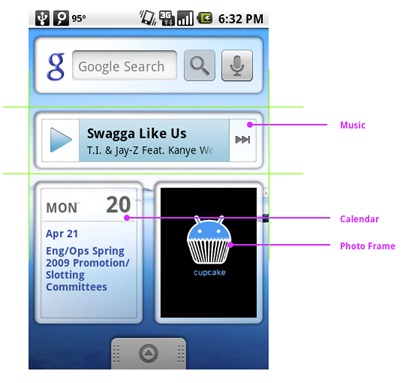
App-centric vs. Info-centric
When I talk about app vs. info centric I'm referring to where the focus is placed on the device. What is the focus, the information, or the application?
With the iPhone for example, Apple has done an exceptional job of detailing that there is an app for everything. With over 100,000 apps, this is hardly surprising, but as I talked about in the multi-tasking section we know that regardless of how many apps you have, you can only use one at a time. The other thing to consider, is that while the overall number of apps are high, how many of these are actually useful, and not just duplicates, or the ever-present fart machine or sound board. The iPhone is a perfect example of an application-centric device.
Android, while still placing a focus on applications, has expanded this approach with the introduction of "Widgets" . Widgets allow you to place an app on the home screen that will provide real-time information from the app without ever having to launch it. Through this approach the focus is placed on the information, making it faster to see the things you look for most often.
Ecosystem
One of the biggest differences between the iPhone and the Android platform is the ecosystem that it's a part of. By ecosystem, I'm referring to it's source of apps, media, software, and support.
With Apple we're talking about a closed ecosystem. Everything is controlled by apple, apps must be approved by Apple, music can be acquired through iTunes, and support and products are available only through Apple. This type of a closed ecosystem has distinct advantages in that it provides for a single source to interact for all your needs. It also closely controls what software and hardware is available.
With Android, we are talking about an open ecosystem. Android provides a software platform that can run on multiple devices from multiple vendors, examples include T-Mobile G1 or mytouch3g, the HTC Hero, The Motorola Droid, or the up coming Nexus one. There is an app store that is provided, however vendors are welcome to create their own, or software can be downloaded via the web. Music is treated as media and can be acquired from any number of sources. This model has it's own advantages and disadvantages; the openness leaves many choices, spurs development and drives innovation. On the other hand it is up to the individual vendors to keep their devices updated and provide individual support.
Conclusion
When it comes to smartphone platform, my preference is Android, but that is just that, "my preference".
No matter which type of phone you choose, the important thing is to remember that they are different platforms, designed to operate differently. Look at the big picture and what works best for you, what works best for one person may not be what another is looking for.
If you already are a Gmail user, you'll find the integration with an Android phone to be great. On the other hand, if you're an apple user, you already are a part of the Apple ecosystem and an iPhone may be the right choice.
Either way, consider your options and give them both a good look before you buy.
To learn more about the flagship Android phone the Nexus One, look here.

